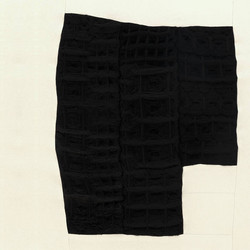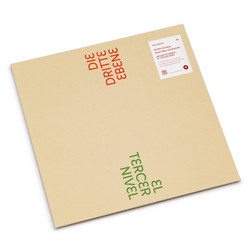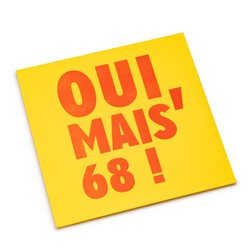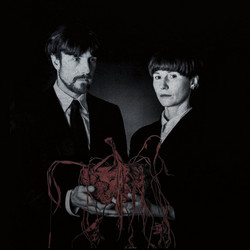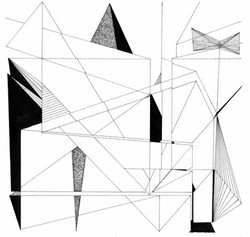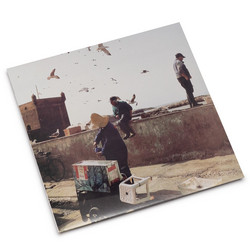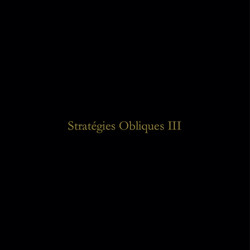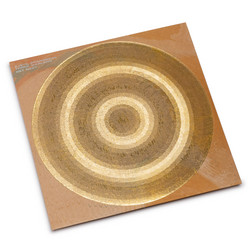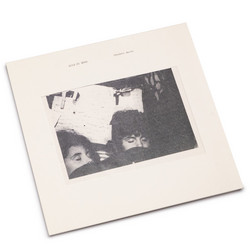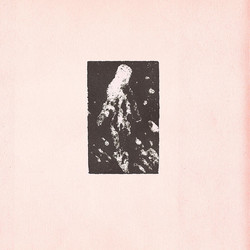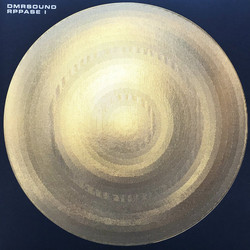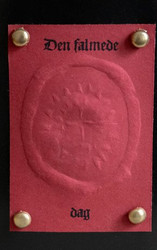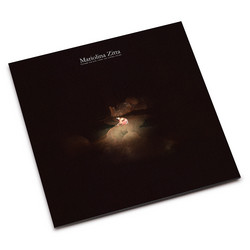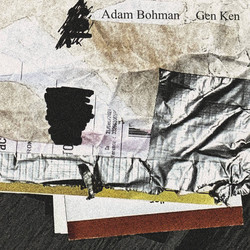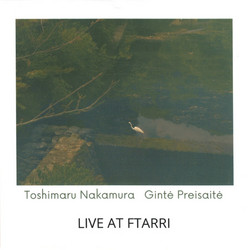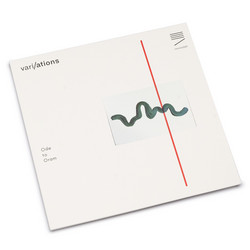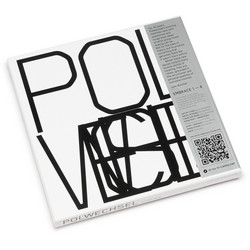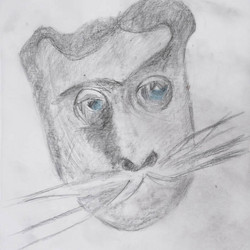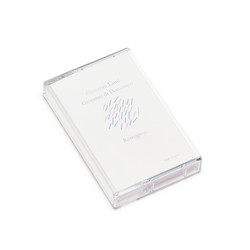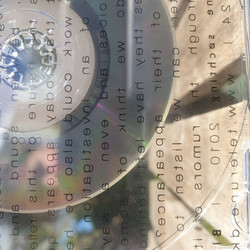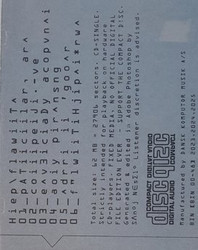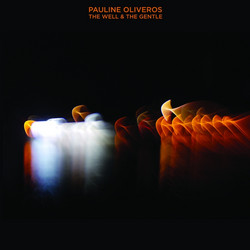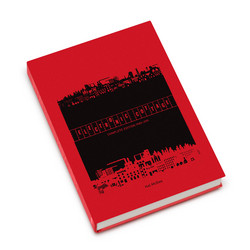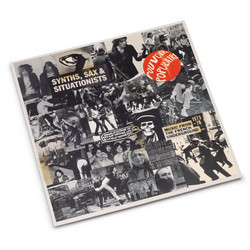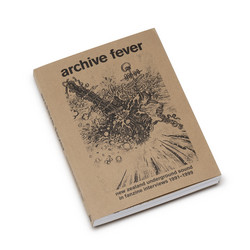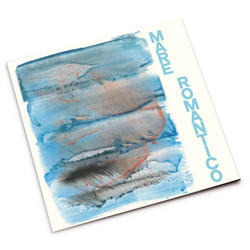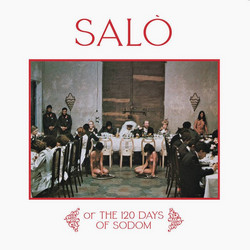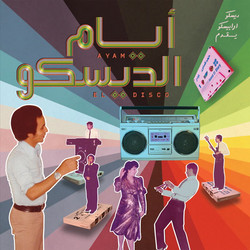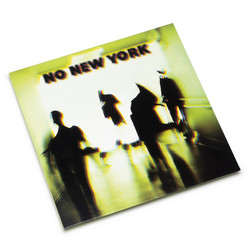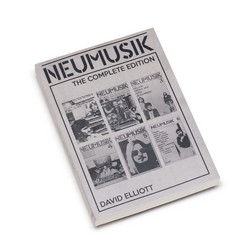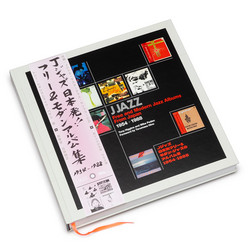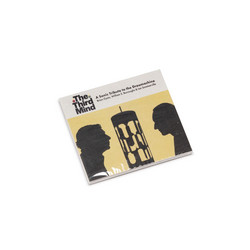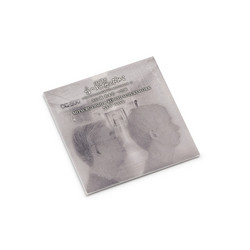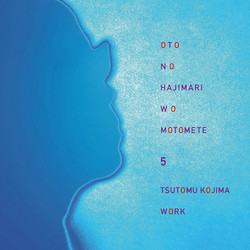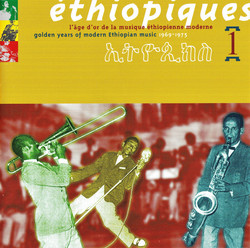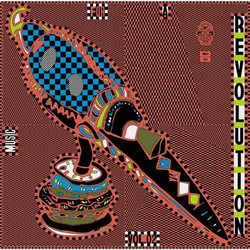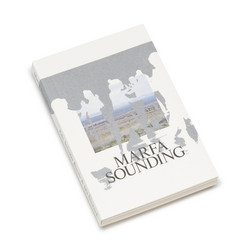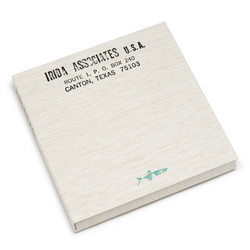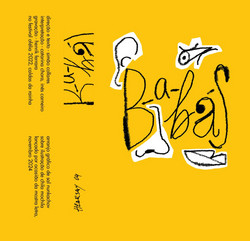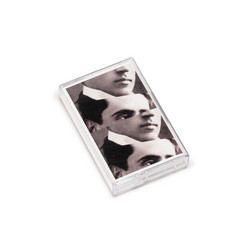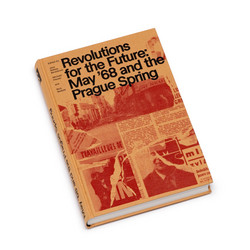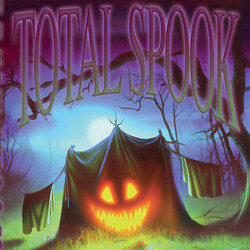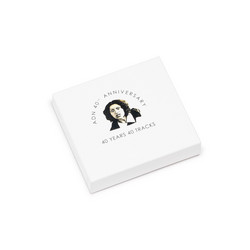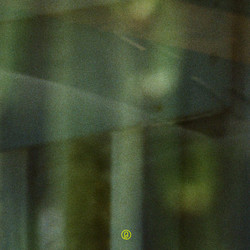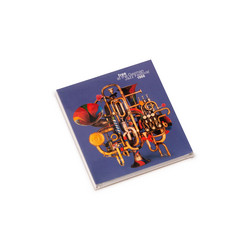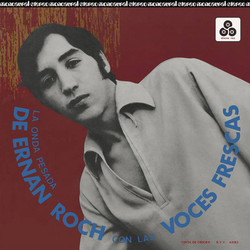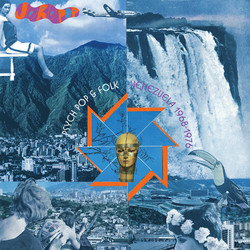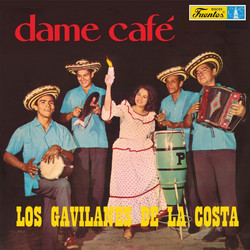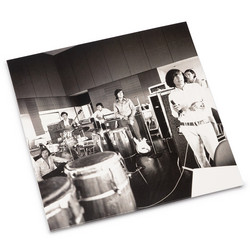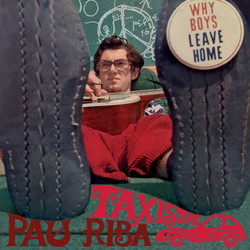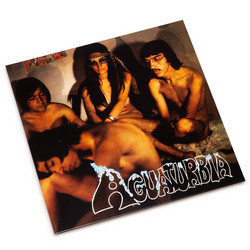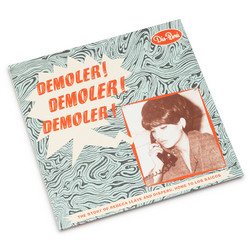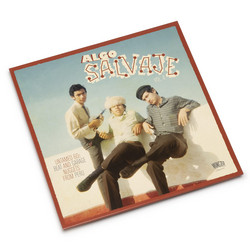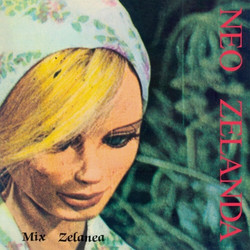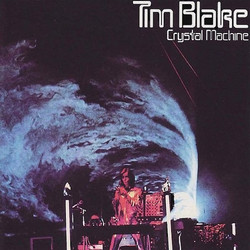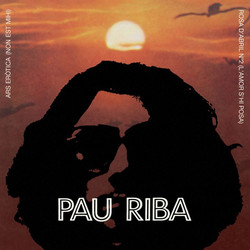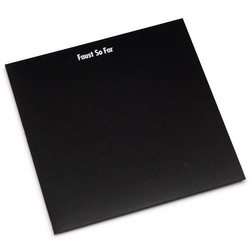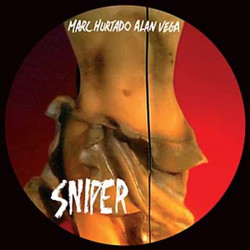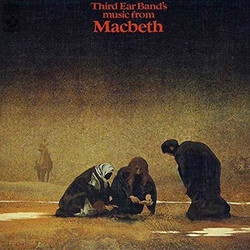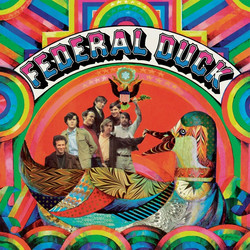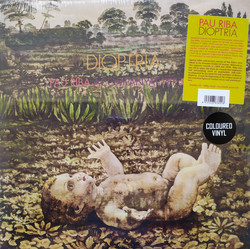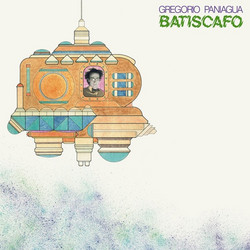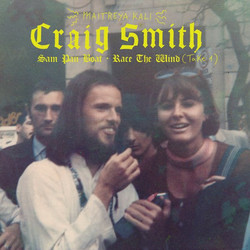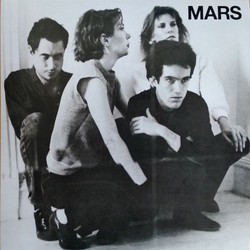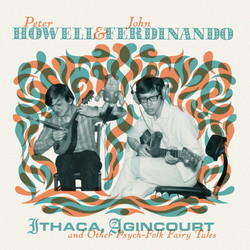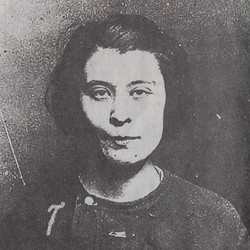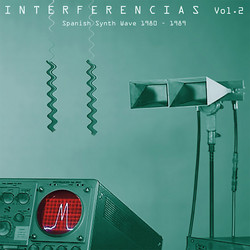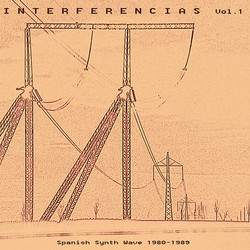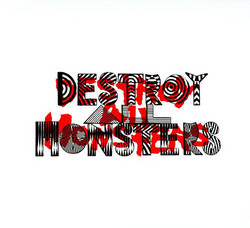Various, Suck Electronic EnciclopedicFeaturing: Eduardo Polonio
La Ciudad Secreta. The Experimental Sounds Of Barcelona 1971-1991 (3LP)
At the end of the 1960s, perhaps due to its proximity to Paris, Barcelona had become the forefront of the avant-garde and the entryway in Spain of new forms of cultural expression from Europe and the United States. Musically, that characteristic resulted in a middle-class underground that would play the part of a late local counterculture which gave birth to the so-called Barcelonés progressive rock of 1969-1973. It featured bands such as Máquina!, Om, Música Dispersa, and so on. Material from that period would take decades to be re-appreciated and get the same reissue treatment as Barcelona's jazz-rock scene, its continuation, and punk, its executioner, the latter two being particularly prolific genres in Barcelona in the late '70s and '80s. Concurrent with progressive rock, the trigger for another explosion of creativity -- still more prolific and experimental and, consequently, more obscure and marginal -- was developing in the underground of the city. This movement, breaking away from free jazz, branched out throughout two decades into electronic, punk, industrial, improvisation, noise music, art rock and even singer-songwriter music. It wasn't so much a scene, technically speaking, as it was an eclectic series of individuals and circumstances which Munster has the privilege of compiling here in the interest of recovering a lost legacy. It's a legacy that collectively we could and should value as something as stimulating and multi-faceted as that of Krautrock, the Canterbury scene or Rock In Opposition.
That eclectic experimental eruption also encouraged the first known independent record labels in Spain and likewise served as a laboratory for new technologies, rethinking formats and declaring strategies. The artists of the experimental frontline collected here make up a dynamic melting pot that's still surprising in its color and its idiosyncrasies, in its innovative sounds and in its capacity for survival in a hostile environment. This movement also established valuable connections in France and England, taking part in a fruitful exchange with networks like mail art, the International Cassette Network and independent radio, in particular the local station Radio PICA, where many of the musicians in Barcelona had their own programs. Some of the keys to that ubiquity were self-management and self-released recordings, cooperativism and DIY ethics. This included the invention of a set of technologies that produced signal generators, oscillators, synthesizers and other homemade devices. Still, you would need an entire book -- there is one in fact, published only in Spanish -- to get the whole picture of this intrepid adventure. The 29 songs compiled here, all remastered, mostly unreleased and nearly impossible to find, give testimony of that adventure, about its existence and its timelessness.
The 12-page booklet features extensive notes in English by journalist Jaime Gonzalo, plus numerous band photos and memorabilia.
